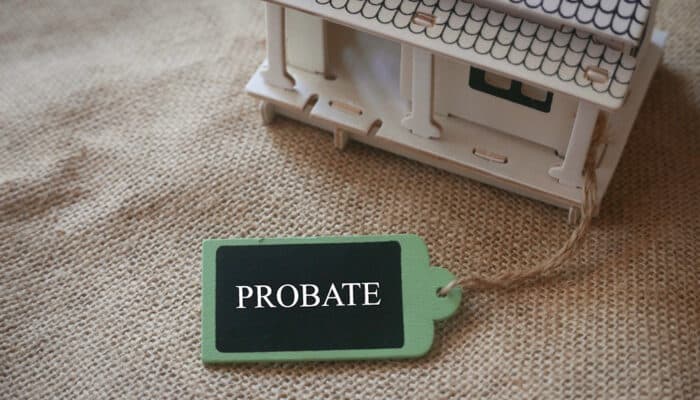The probate process in Florida can indeed be complex and fraught with emotional challenges, especially when creditors’ claims against a decedent’s estate are involved. Understanding how Florida law, particularly homestead protections, operates within this context can alleviate some stress and uncertainty. The following is a breakdown:
Probate and Creditor Claims in Florida
-
Uncertainty Around Creditors:
- Creditors have a statutory period to file claims against the probate estate (generally within three months of the notice to creditors being published).
- Statute of Repose – Florida Statute § 733.710 provides an absolute bar to claims two years after the decedent’s date of death, regardless of notice.
- Beneficiaries often face anxiety, as it is unclear how much of the estate will remain after satisfying creditor claims.
-
Homestead Protections:
- Under Article X, §4 of the Florida Constitution, homestead property is shielded from creditor claims both during the owner’s lifetime and after their death.
- To qualify, the property must be the decedent’s primary and permanent residence. The protection extends to the surviving spouse and heirs upon the decedent’s passing.
Homestead and Exceptions to the Exemption
While homestead property is generally exempt from creditors, there are notable exceptions:
- Taxes and Assessments: IRS and property taxes and assessments tied to the property are not exempt.
- Voluntary Encumbrances: Mortgages or other loans secured by the property are enforceable.
- Pre-Homestead Liens: Liens that attached to the property before it was designated as a homestead remain valid.
- Liens for Work Performed: Contractors or repair companies with valid claims for work on the property may enforce those liens.
Passing the Homestead to Heirs
-
Transfer of Protection:
- Upon death, the homestead exemption passes to the decedent’s heirs at law, providing them with the same protections against creditor claims.
- Heirs are free to keep or sell the property without fear of creditor interference, except in the limited scenarios outlined above.
-
Limitations on Devise:
- If the decedent is survived by a spouse and/or minor child, the homestead property is not freely devisable.
- Florida law mandates that:
- A surviving spouse is entitled to either a life estate or an undivided one-half interest in the property, with the remainder passing to the descendants.
- A minor child’s interest must also be protected, precluding the decedent from devising the property elsewhere.
Planning to Mitigate Probate Complications
To navigate potential challenges:
- Homestead Verification: Ensure the property qualifies as homestead under Florida law to protect it from creditors.
- Trusts for Homestead Property: Placing homestead property in a properly structured revocable living trust can streamline the transfer process while preserving creditor protections.
- Lady Bird Deeds: Placing homestead property in a properly drafted lady bird deed (enhanced life estate) can streamline the transfer process while preserving creditor protections as well as avoiding probate.
- Consult with Professionals: Working with estate planning and probate attorneys helps ensure compliance with Florida law and minimizes exposure to creditor claims.
By leveraging Florida’s homestead protections and careful planning, families can reduce the financial and emotional toll of probate while preserving their assets for heirs.
The foregoing is a brief and very general overview of the topic and the need for specific and experienced legal and tax advice is emphasized.
If you have any additional questions regarding the foregoing or have any legal issue or concern, please contact the law firm of CASERTA & SPIRITI in Miami Lakes, Florida.

